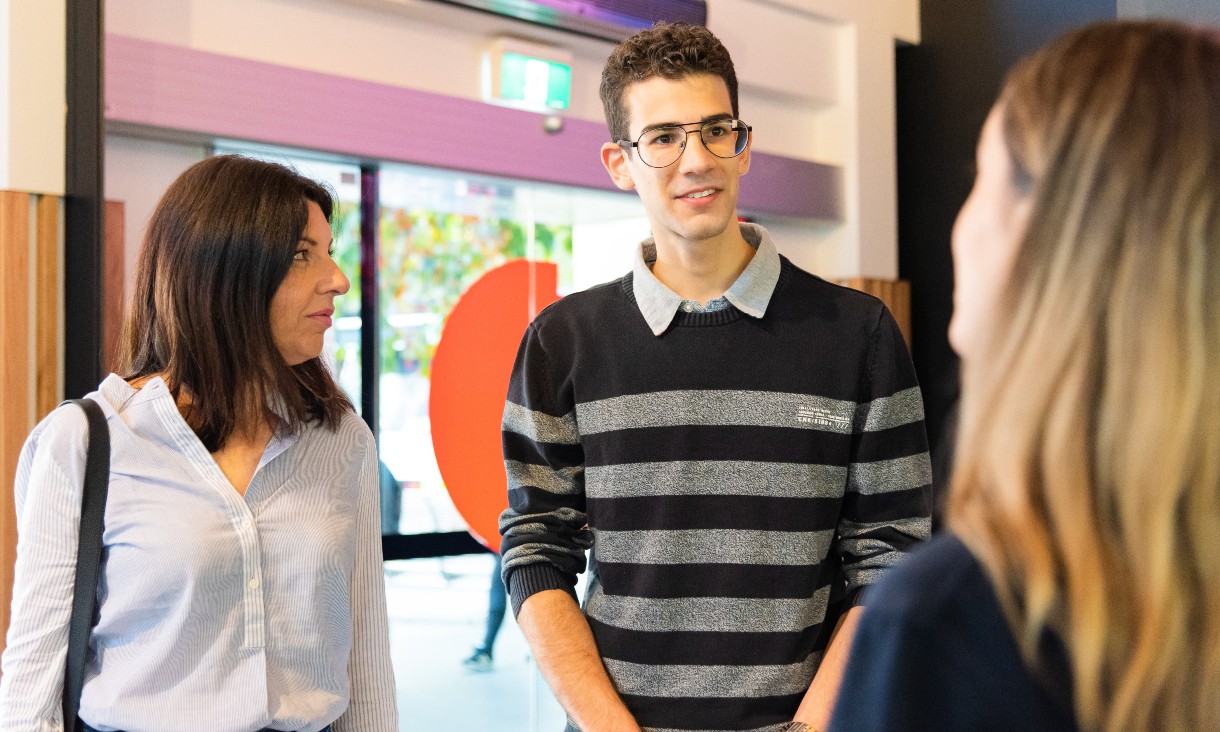Your guide to VTAC and RMIT terms
Uni lingo can seem like an entirely different language sometimes, but with this glossary, you’ll be fluent in no time.
What is TAFE and how is it different from university?
You might have found yourself wondering how a certificate or diploma is different from a degree. Both uni and TAFE will get you ready for what’s next, but the big question is: what is right for you?
How to get your Year 12 ready for university
It’s natural to want to help your teen as they prepare for university, but it can be difficult to know where to start and how involved you should be.







